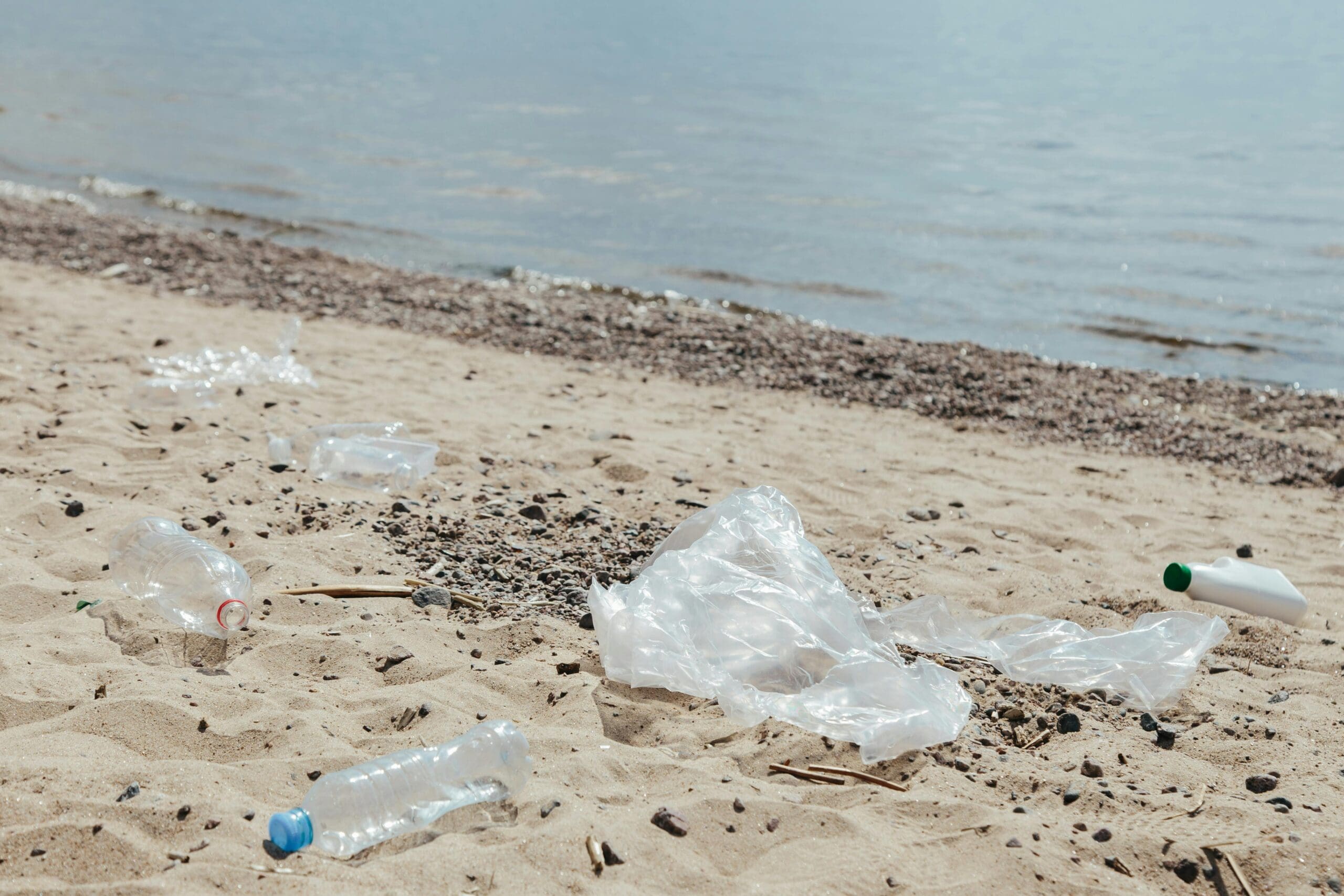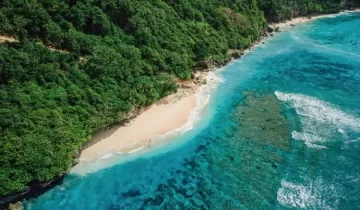Ocean pollution is a growing concern that affects beaches, swimmers, and marine life across the globe. As plastic waste, chemicals, and other pollutants continue to accumulate in our oceans, the adverse effects are becoming increasingly apparent. This article explores how ocean pollution impacts coastal environments, swimmers, and marine ecosystems, and highlights global initiatives aimed at mitigating these effects, with a special focus on Bali.
The Impact of Ocean Pollution on Beaches and Swimmers
1. Degradation of Beach Quality
Ocean pollution severely degrades the quality of beaches. Trash and plastic debris wash ashore, transforming once pristine sandy stretches into polluted eyesores. This not only diminishes the natural beauty of beaches but also poses health risks to beachgoers. Sharp objects like broken glass and discarded metal can cause injuries, while chemical pollutants can lead to skin irritations and other health issues.
2. Health Risks for Swimmers
Swimmers are particularly vulnerable to the effects of ocean pollution. Contaminated water can harbor harmful bacteria and pathogens, leading to illnesses such as gastroenteritis, ear infections, and respiratory diseases. Chemical pollutants like pesticides and heavy metals can also accumulate in the water, posing serious health risks to those who swim in polluted areas.
Global Initiatives to Combat Ocean Pollution
1. Plastic Bans and Reductions
Many countries are implementing bans or reductions on single-use plastics to curb ocean pollution. For example, the European Union has banned several single-use plastic items, such as straws and cutlery. Similar initiatives are being adopted in other parts of the world, encouraging the use of reusable alternatives.
2. Beach Clean-Up Campaigns
Beach clean-up campaigns have become a popular and effective way to address ocean pollution. Organizations like the Ocean Conservancy organize annual International Coastal Cleanup events, mobilizing volunteers worldwide to remove trash from beaches and waterways. These efforts not only clean up beaches but also raise awareness about the importance of reducing plastic waste.
3. Advanced Waste Management Systems
Improving waste management systems is crucial in the fight against ocean pollution. Cities and countries are investing in better waste collection and recycling infrastructure to ensure that less waste ends up in the oceans. In addition, initiatives like the “Seabin Project” have developed innovative technologies to collect floating debris in harbors and marinas.
Ocean Pollution in Bali: Challenges and Solutions
Bali, a popular tourist destination, faces significant challenges related to ocean pollution. The island’s beaches, once renowned for their beauty, are now frequently littered with plastic waste, particularly during the rainy season when debris is washed ashore.
1. The Bali Beach Clean-Up Program
The Bali Beach Clean-Up program, initiated by the Bali Hotel Association, is a key initiative to combat beach pollution. This program employs local staff to clean five major beaches daily, removing plastic waste and other debris. The effort has significantly improved the cleanliness of these beaches and serves as a model for other coastal regions.
2. Waste Management Improvements
Bali is also focusing on improving its waste management systems. The government has introduced stricter regulations on waste disposal and is investing in recycling facilities to reduce the amount of plastic waste that ends up in the ocean. Educational campaigns are being conducted to inform residents and tourists about the importance of proper waste disposal and recycling.
3. Ban on Single-Use Plastics
In 2019, Bali implemented a ban on single-use plastics, including bags, straws, and Styrofoam. This bold move aims to reduce the volume of plastic waste generated on the island. Businesses and residents are encouraged to use reusable alternatives, and the policy has already shown promising results in reducing plastic pollution.
The Impact on Marine Wildlife
1. Threat to Marine Species
Ocean pollution poses a severe threat to marine wildlife. Animals such as sea turtles, dolphins, and seabirds often mistake plastic debris for food, leading to ingestion and fatal consequences. Entanglement in plastic waste can cause injuries, impair mobility, and lead to death.
2. Coral Reef Degradation
Chemical pollutants, including sunscreen chemicals and agricultural runoff, contribute to coral reef degradation. Coral reefs are vital marine ecosystems that support a diverse range of species. Pollution can cause coral bleaching and disrupt the delicate balance of these ecosystems, threatening the survival of countless marine organisms.
3. Microplastics in the Food Chain
Microplastics, tiny plastic particles resulting from the breakdown of larger plastic items, are becoming pervasive in marine environments. These particles are ingested by small marine organisms, which are then consumed by larger predators, leading to the accumulation of microplastics throughout the food chain. This not only affects marine species but also poses potential risks to human health when contaminated seafood is consumed.



